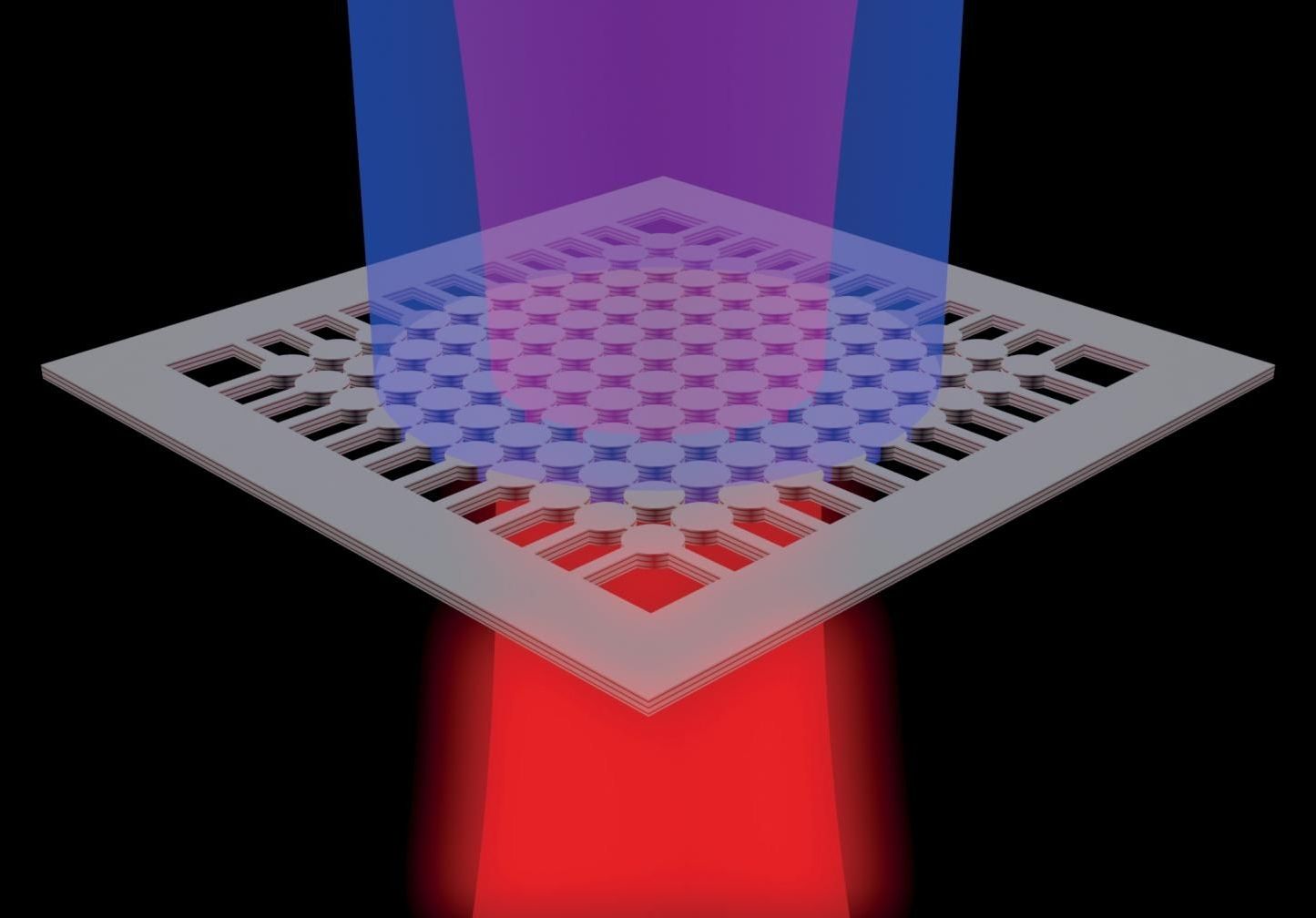Researchers at the University of California San Diego have demonstrated the world’s first laser based on an unconventional wave physics phenomenon called bound states in the continuum. The technology could revolutionize the development of surface lasers, making them more compact and energy-efficient for communications and computing applications. The new BIC lasers could also be developed as high-power lasers for industrial and defense applications.
“Lasers are ubiquitous in the present day world, from simple everyday laser pointers to complex laser interferometers used to detect gravitational waves. Our current research will impact many areas of laser applications,” said Ashok Kodigala, an electrical engineering Ph.D. student at UC San Diego and first author of the study.
“Because they are unconventional, BIC lasers offer unique and unprecedented properties that haven’t yet been realized with existing laser technologies,” said Boubacar Kanté, electrical engineering professor at the UC San Diego Jacobs School of Engineering who led the research.
